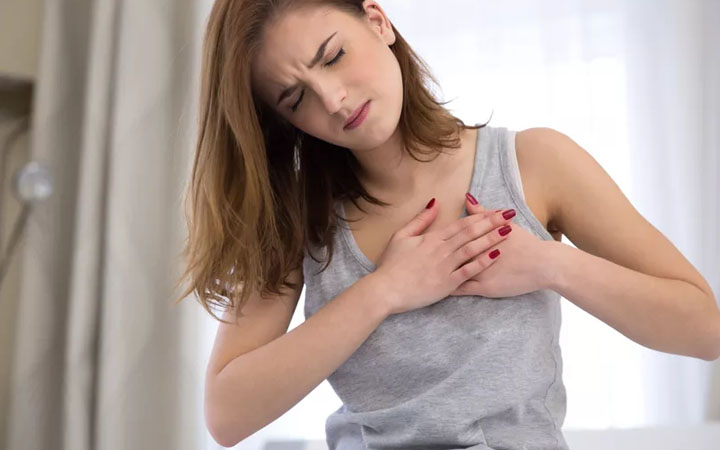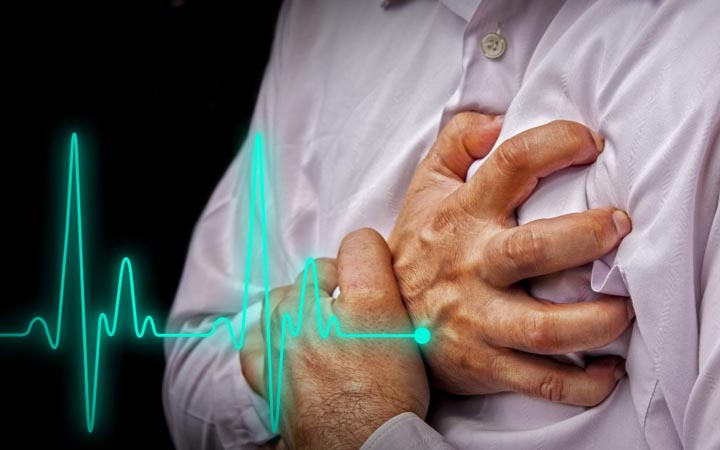Last Updated on January 7, 2021
#1 – The Food-Heart Connection
 © Watson
© WatsonYou can experience heart palpitations after eating for many reasons. Certain dietary supplements, including bitter orange, ephedra, ginseng, hawthorn, and valerian, can cause heart palpitations.
Also, after-meal palpitations may be linked to your meal experience rather than the food itself, for instance, swallowing, standing up after being seated for a meal, and even the way you feel can trigger palpitations, particularly if your mealtimes cause stress or anxiety.
Surprisingly, your diet can also cause palpitations. Types of diets related to this sensation include: Low potassium levels and dehydration, eating high-carbohydrate foods and processed sugars (if you have issues with low blood sugar), alcohol consumption, having a food allergy or sensitivity, heartburn due to eating spicy foods, high-sodium foods (especially canned or processed foods), having a caffeine sensitivity, and eating foods that contain theobromine (like chocolate) or tyramine (like aged cheeses and overripe or dried fruit).
Other causes are exercise, feeling strong emotions (panic or fear), taking certain drugs, or experiencing drastic changes in your hormones (PMS, pregnancy, or menopause). Can heart palpitations indicate a lurking heart disease?
#2 – Heart Palpitations and Heart Disease
 © thestatesman.com
© thestatesman.comCertain heart conditions can actually put you at risk for heart palpitations, including an abnormal heart rate (arrhythmia), a rapid heart rate (tachycardia), a slow heart rate (bradycardia), atrial fibrillation, atrial flutter, or ischemic heart disease (hardening of the arteries).
These heart problems can emerge due to already existing conditions, such as high blood pressure and diabetes. Consider getting tested for heart conditions if you’re experiencing heart palpitations, particularly if you’re suffering from other health problems.
But how do you know that you really need medical help?